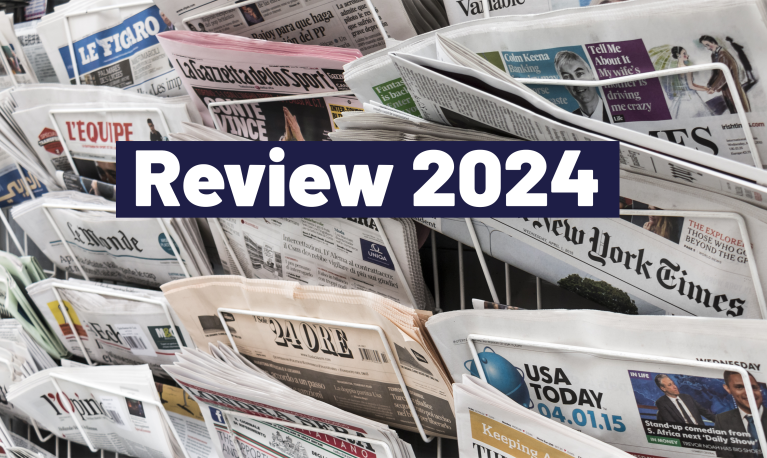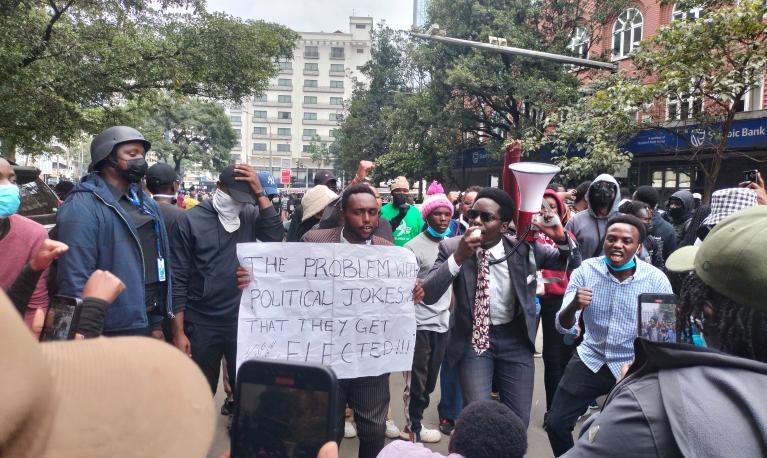
Gender norms shape the ways in which people engage in political activity as well as the nature of elections and governance, social movements, and political leadership. Because formal politics represents one of the key arenas where power is exercised, political institutions have been designed based on men’s lived experiences. They are infused with norms that uphold men and the masculine. As a result, formal politics is riddled with various forms of violence against women – from psychological abuse online through sexual harassment to attacks on their lives. Ultimately, violence and the threat of it limits women’s ability to exercise their political voice.
To achieve gender equality, it is necessary to address norm-based barriers which drive inequalities in the political sphere. These barriers, for example, are formal and informal rules that guide political parties’ recruitment and promotion of women across all levels of governance – from local community councils to the national elected assemblies.
Some strategies to challenge and change gendered inequalities have been well researched, for example instituting and implementing certain types of gender quotas. These have emerged in response to and with the support of feminist and social movements working nationally and internationally to establish women’s political representation as a norm.
Other strategies include enhancing women’s political voice and leadership. Yet the effectiveness of many strategies remain unexplored, especially within the challenging context of anti-feminist backlash and attacks on democratic rights of women, LGBTQI+ people, people with migration experiences and others.
This section collates resources on the topic to examine these questions across a range of political, geographic and social contexts. These include reports from studies conducted by ALIGN grants-based partnerships.
Featured resources
ALIGN guide
3 August 2020

Published by: ALIGN
Blog
10 February 2025

Blog
19 December 2024

Report
21 October 2024

Blog
14 October 2024


Content is loading...

